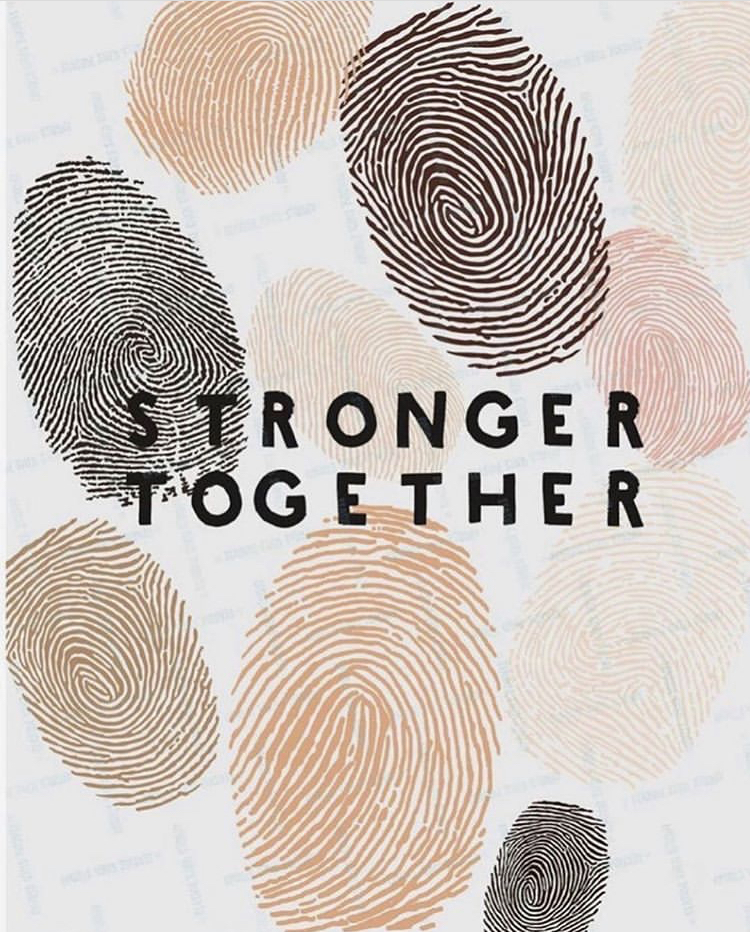Talking to children about racism
Tags: education, equality, racism
One of the main principles in Adlerian Psychology is social equality. All humans deserve to be treated with respect and dignity. Regardless of the color of your skin, your religious beliefs, your age or your abilities. Period. No one is superior or inferior to another, and all deserve equal opportunity and treatment. When we achieve social equality and mutual respect people get along and co-operate with one another. When we oppress people, they will eventually find their power and create an uprising. This is the pattern across all history. History is repeating itself again, right now.
The pandemic put a spotlight on our long history of inequality when the death rates soared in the oppressed populations compared to the privileged. Then in close succession, George Floyd was murdered by an officer with 11 counts of misuse of power charges on his record. His name is added to a long list of other black men who have died by the same means, and the public wants to know “how many more before this stops?”
We have a long history of systemic racism and abuse of power in the fabric of our society that goes unchallenged or unchanged and the fury of the injustice is boiling over.
So what, as a parent, are we called to do? There is so much, but let me at least try to start the ideas flowing…
- Model social equality in your homes by use of respectful child guidance methods such as logical consequences, family meetings and co-operative problem solving instead of abusing our power by methods of forced compliance and punishments.
- Be more aware of the distribution of power in all relationships, including your own with your children and your parenting partners.
- Race, like gender, is woven into every aspect of life. Put it on your radar as a filter that everything must be viewed through.
- Help children with their own positive identity development.
- Children are born with an open mind and heart. They learn racism, stereotypes and negative biases from adults and the cultural messages around them. Be sure you don’t reinforce those stereotypes through your words or actions. And further, take an active role in correcting those negative biases when you encounter them.
- Make social equality, social justice and democracy your family values and live by them.
- Create culturally diverse experiences for your children in their choice of stories, toys, and movies. Check out: The Conscious Kid for stories or movie recommendations here.
- Listen while others tell their stories and learn more deeply about racial issues from their experiences.
- Explain racism to your children in developmentally appropriate ways. Explain how race and discrimination creates inequity in all systems, using real life examples from the pandemic. More Black and First Nations people are dying from the disease because of racism. These groups are more likely to live in poverty and can’t get proper health care because of systemic racism. Racism prevents them from getting better educations and better paying jobs so they are more likely to have had to work instead of stay home, so they have more exposure to the virus, etc. You can continue with more examples.
- Ask your children for their thoughts and experiences and listen.
- Help your child process those thoughts and feelings.
- Change takes everyone’s participation and that means every person has a role to play. Can they think of what they might do in their own lives to respond more effectively to micro and macro aggressions?
- Vote locally and nationally for a political party that supports social equality and justice for all.
- Donate to causes that support this work in your communities.
- Do anything except remain silent. As my father used to say “If you are not part of the solution, you are part of the problem.”
- Remember that hate only fuels more hate and love heals all. We can be angry, we can be furious, but how we act must be in line with the very principles we are fighting for, or we are no further ahead.
- Insert your own ideas here… and then add another 20 or 50!
Stay strong, be courageous and don’t get discouraged by the size of the work ahead of us.



Leave a Reply